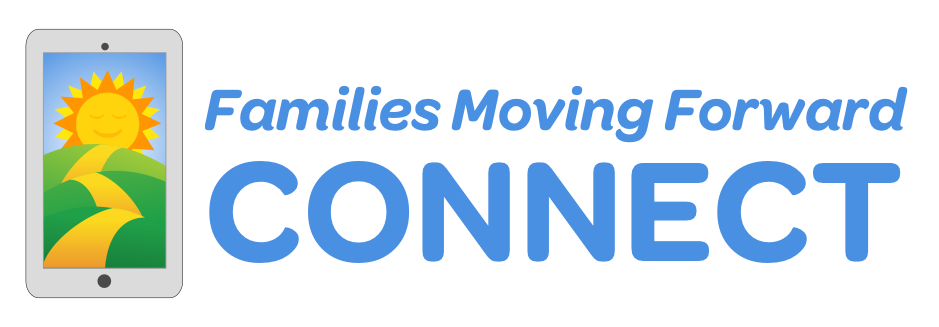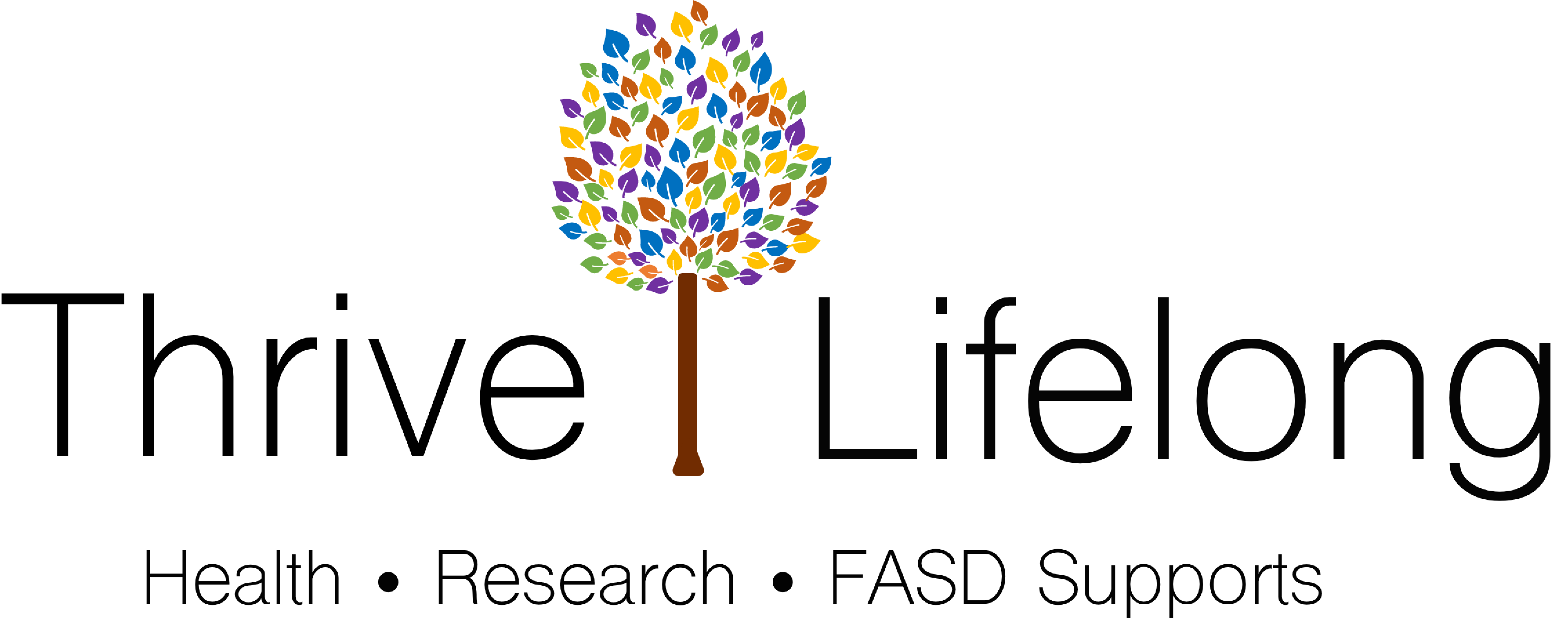Newsletter - April 2022

Tip of the Month
Many children with FASD or PAE struggle with less structured activities, such as riding the bus, playing at recess, or in free play. Accommodations can help! See if you can build more structure into the child’s day. Planned activities or a small menu of options might help. Extra supervision or support might be needed.
A Journey Growing up with FASD

Maggie May is an adult with FASD, an FASD advocate, and a young adult who is thriving in her journey with FASD.
In her childhood and adolescence, Maggie experienced many challenges. In school, she could not read or spell until she was 11 years old. She was labeled as “the child that the teachers give up on.” People didn’t understand that she needed help because what she was experiencing was invisible to those around her. Like many children, even though she had a diagnosis, she didn’t receive any extra support because of the lack of awareness and resources for FASD. Those challenges were hard, but Maggie still strongly believes that we can make changes and that’s what she has been doing.
Now, Maggie is actively involved in advocating for FASD and helping others with FASD. Before the pandemic, she and her foster mother provided training for caregivers of children with FASD. In doing so, they helped give the caregivers a different perspective to understand FASD. Maggie is also engaged in online support. She is a moderator of Flying with Broken Wings – one of the largest Facebook support groups for FASD. She also works with a charity in the United Kingdom that holds weekly Zoom meetings to help individuals with FASD and their caregivers.
One suggestion that Maggie wants to give individuals with FASD is to use accommodations! Change the environment and make it work for you. If it’s too overwhelming to work full time, find a part-time job that you enjoy. A lot of individuals with FASD are very creative and are successful at art, baking, gardening, etc. She also advocates to not feel pressured to compare yourself with others. Everyone is unique and could shine in their own way.
FMF Connect Enrollment

There is still time to participate! Sign up before it’s too late!
Participants needed for a Randomized Control Trial (RCT) for FMF Connect!
Are you a parent or caregiver of a child aged 3-12 with Fetal Alcohol Spectrum Disorder (FASD) or Prenatal Alcohol Exposure (PAE)? You may be eligible for this study!
FMF Connect is an app designed to help parents and caregivers of children with FASD or PAE by providing useful information to manage their children’s condition and gain peer support.
FMF Connect is looking to enroll caregivers in the United States who have an iOS device (iPhone or iPad). This trial would include completing surveys and testing out the app on your time! Monetary compensation is available for participants.
Already enrolled? Help us spread the word! You can send other parents and caregivers to our website or have them email us!
Please email fmfconnect@urmc.rochester.edu if you have any questions.
My Health Coach Survey Opportunity

Adults needed for Fetal Alcohol Spectrum Disorder (FASD) mobile health app research!
The next step of the Adult App project is here, which involves an online surveys for adults with FASD to provide feedback on initial design prototypes. Adults with FASD around the world can participate as long as they are 18+ and have sufficient enough English proficiency to complete the survey.
This app hopes to provide resources, tools, and information to improve physical health and quality of life for adults with FASD or known prenatal alcohol exposure.
Please consider sharing the survey on your relevant platforms.
Click here to go to the survey!
Already enrolled? Help us spread the word! You can send other parents and caregivers to our website or have them email us!
Email Emily_Speybroeck@URMC.rochester.edu with any questions.
Research Corner

Executive and Social Functioning Across Development in Children and Adolescents with Prenatal Alcohol Exposure
Rockhold et al. (2021).
Past studies have shown that executive functioning and social functioning difficulties are common in children and adolescents with prenatal alcohol exposure (PAE). Executive functioning can be defined as someone’s abilities to plan, organize, set goals, and adjust to changes in their environment. One can think of executive functioning as the “CEO of the brain”, it’s in charge of making sure all other areas are running smoothly. Social functioning refers to one’s ability to interact with others, share, and regulate emotions. It is suggested that executive functioning and social functioning are related to one another for adolescents with PAE. However, it is unclear how they are linked in younger children.
This study was completed by Maddy Rockhold and colleagues at the University of Minnesota. They analyzed data collected from 83 children aged 2.5-5 with PAE (early childhood group) and 95 adolescents aged 8-16 (49 with PAE, 46 without PAE as a control group). Each participant finished tasks related to executive functioning. Parents filled out questionnaires about their children’s social abilities. Four years later, 33 children from the early childhood group returned and completed social and executive functioning measures again.
The data showed that while both children and adolescents have difficulties in executive and social domains, the relationship between the two differs by age group. In adolescents, there is a relationship between executive functioning and social functioning. This same relationship was not found in the younger children (ages 2.5-5). However, when those same children were tested four years later (around the age of 8), this relationship between executive functioning and social function was present.
These results suggest that as children grow older, their social interactions may require higher executive functioning ability and this may explain why the two are related at older ages. Therefore, one implication from this study is to incorporate executive functioning training along with other social skills training for children who are reaching early adolescence.
Going to the Doctor - Let's Lessen the Stress!

Going to the doctor’s office can be a stressful time with anyone, but this experience can be made harder when FASD is involved. Below we have some tips that might make going to the doctor’s office a bit better.
-
Set a reminder for the appointment.
It’s easy to forget you have an appointment. Mark the visit on your calendars, set an alarm on your phone for when you have to leave for the visit, and maybe the day before your visit or the morning of! You can even ask someone to remind you if that is something that would help. -
Write down what you want to talk to your doctor about.
Have a notebook that you write down your symptoms and when you felt it. It can be hard to remember all the times you didn’t feel well. Writing your symptoms down as they happen with the date and time can make your job and the doctor’s job easier. Make sure you bring this notebook to the doctor’s office with you. -
Schedule a visit at a time that works for you.
Try to schedule your visit during a day that doesn’t have anything else planned or at a time that works for you and is not stressful. Give yourself a little time after the visit to calm down at home if that is something that you need. -
Bring someone you trust to your visit.
If doctor’s offices make you nervous, ask a friend or a loved one to come with you. You might feel better and have less anxiety while you’re there. -
If you are feeling anxious, tell your doctor.
There are a lot of people who get anxious at the doctor’s office, and doctors know this. If you’re feeling anxious, tell your doctor what you are feeling and ask to take a break if you need one. Remember, you are in control at your appointment! -
Ask your doctor to write down action steps.
Ask your doctor to write down action steps and review it with you before you leave. This can help with not forgetting the steps and making sure they are clear to you.
